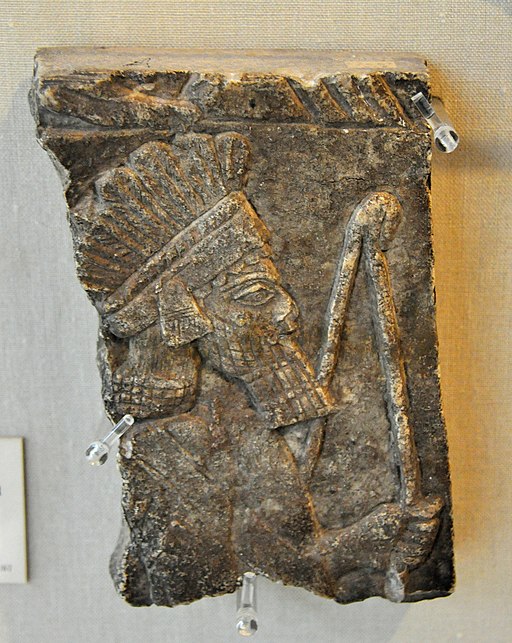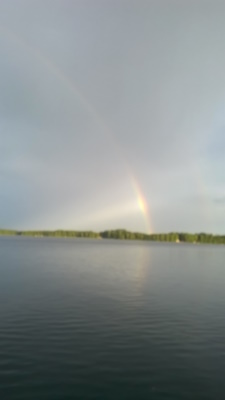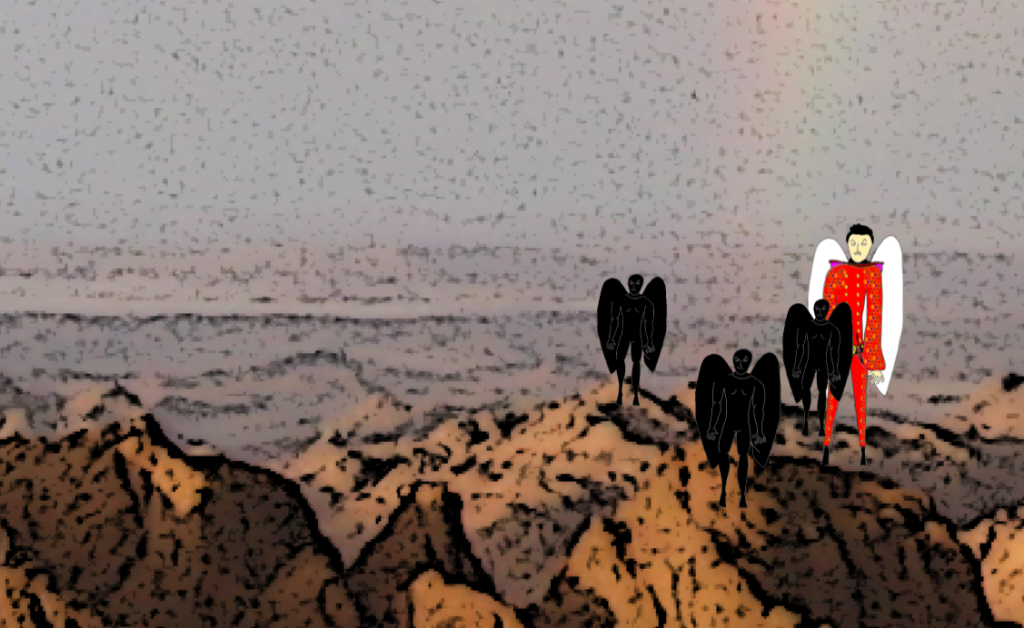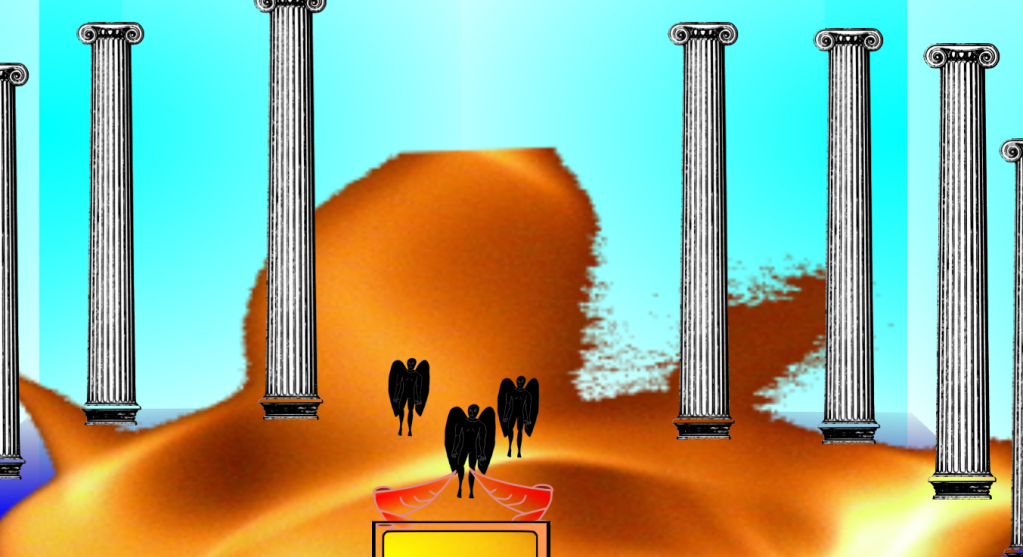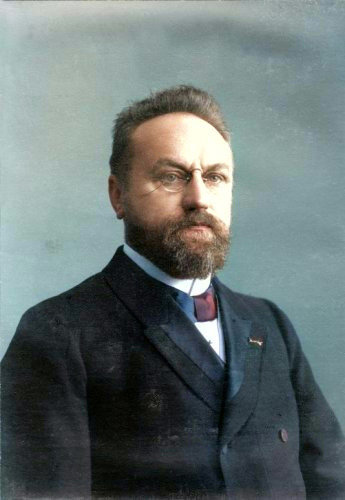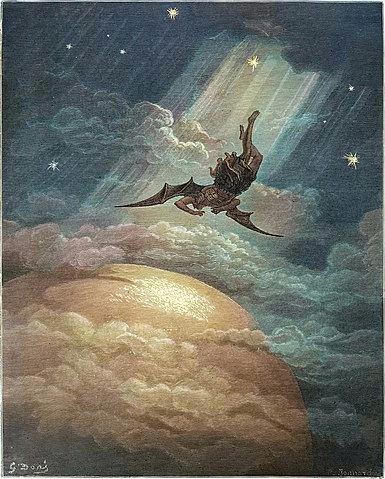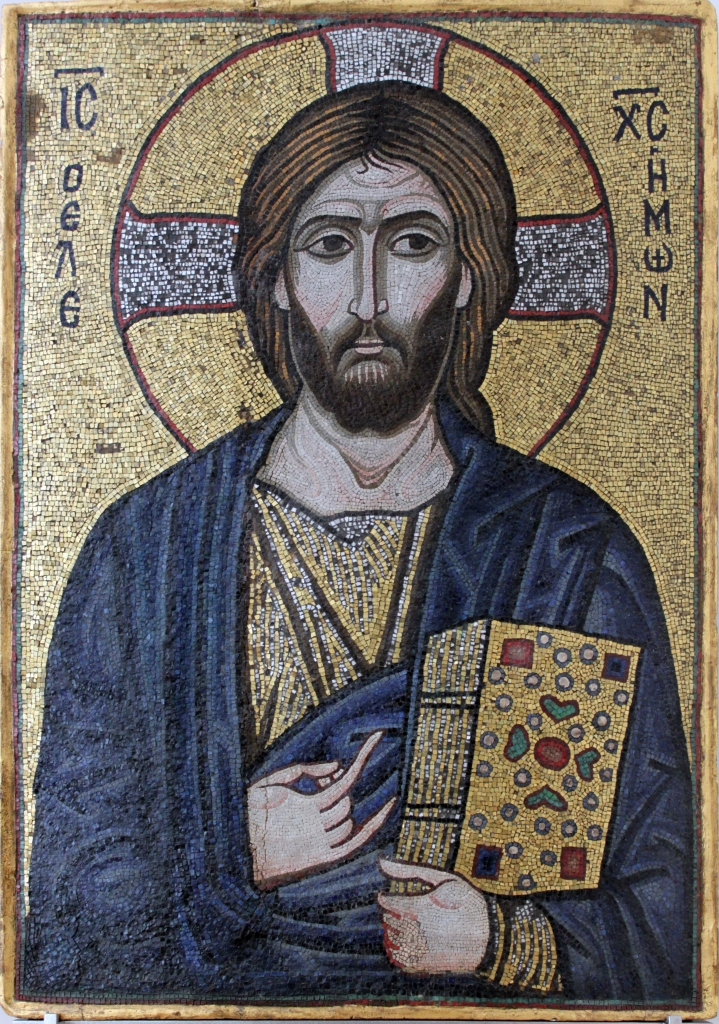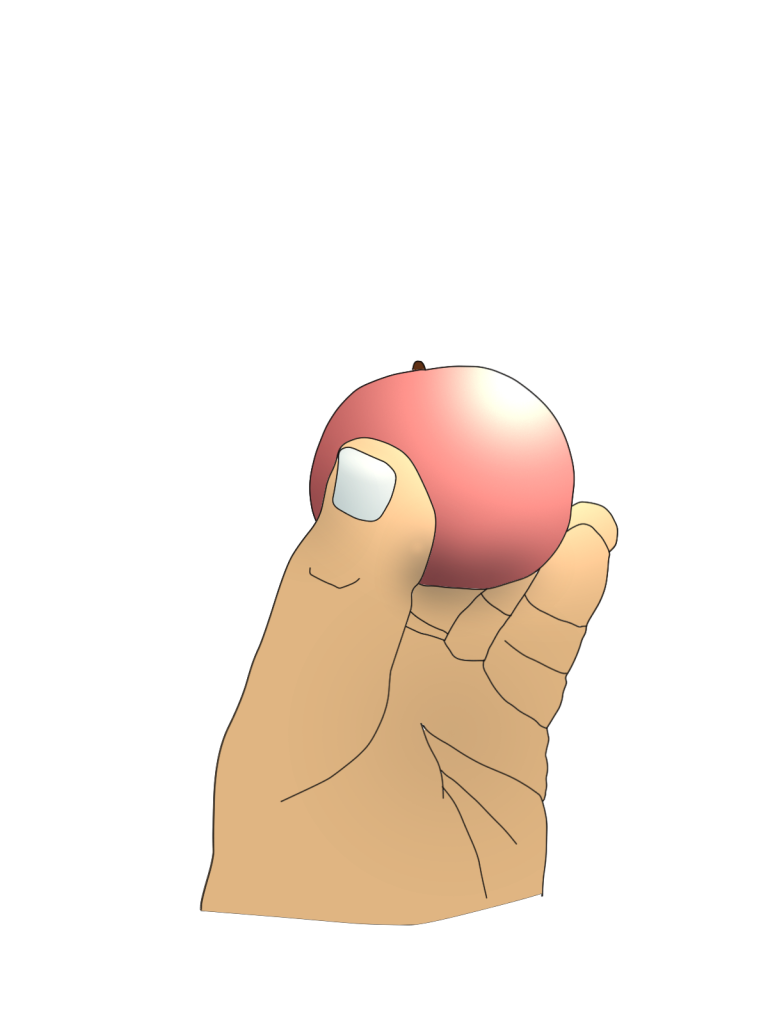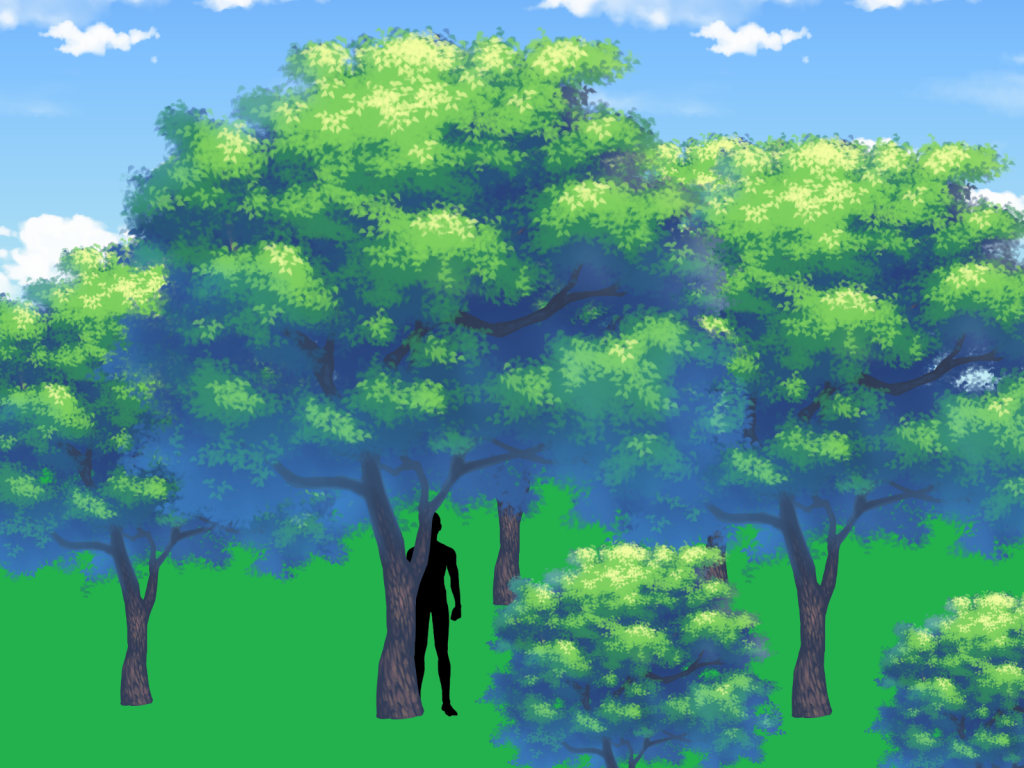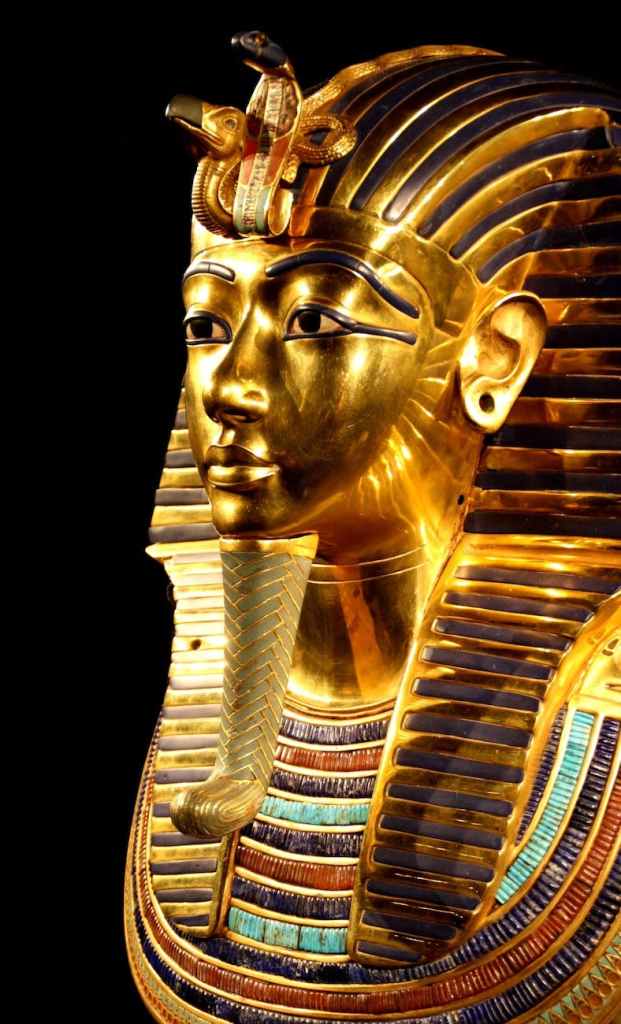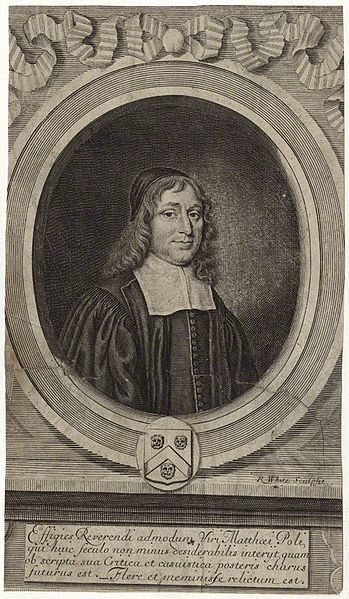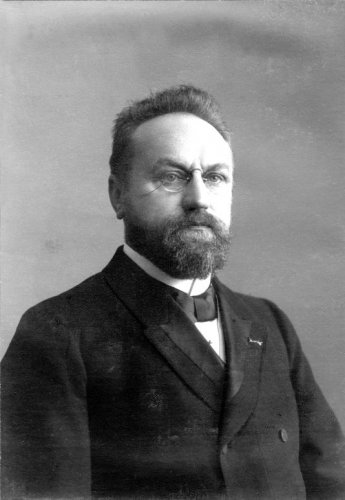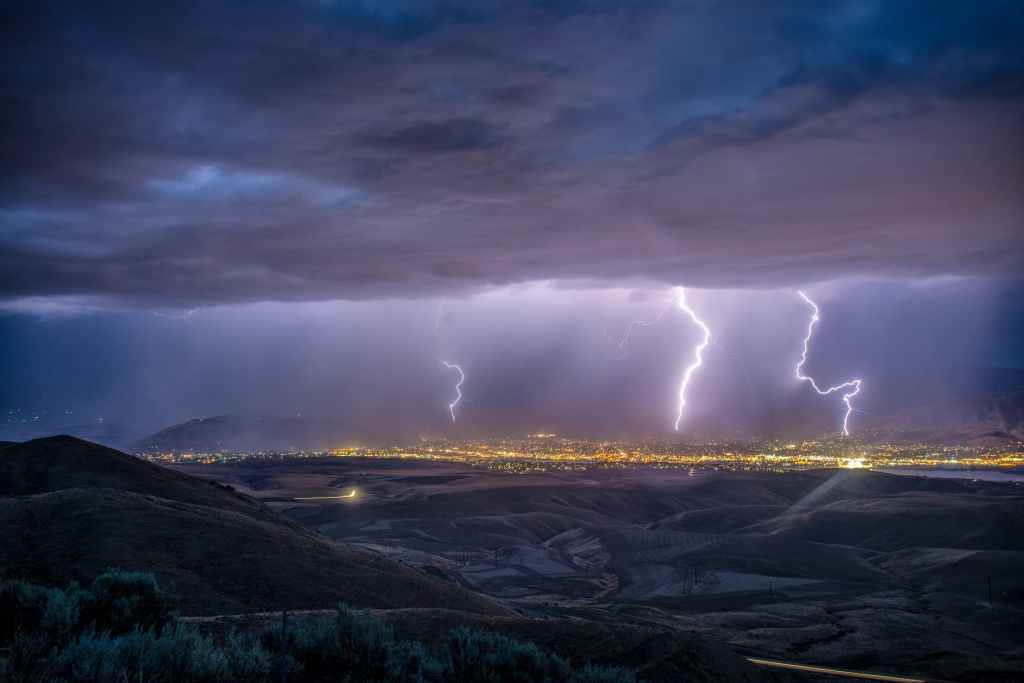
Up to now we have looked at the story of Noah from the vantage point of Genesis. This week I want to look at the Flood from the perspective of the New Testament and the witness of the Apostles and how it ought to be interpreted. For Christians the New Testament is Holy Scripture, the Apostles moved by the Holy Spirit penned these words, for all generations. We will not see Jesus until he returns again, and the Apostles died two millennia ago but we have their words.
We have looked at Noah from the Old Testament perspective but what is the New Testament perspective of the Old Testament?
We can begin by reading through the following references and get a feel and understanding of the New Testament perspective on Noah.
Matthew 24:37-38, Luke 3:36, 17:26-27, Hebrews 11:7, 1 Peter 3:20, and 2 Peter 2:5)
Matthew
The quotation from Matthew is from chapter 24 which is about the Last Days and eschatological.
For the coming of the Son of Man will be just like the days of Noah. 38 For as in those days before the flood they were eating and drinking, marrying and giving in marriage, until the day that Noah entered the ark, 39 and they did not understand until the flood came and took them all away; so, will the coming of the Son of Man be. Matthew 24:37-39
Luke
The following shows the genealogy of Jesus from Lukes point of View. It is interesting that Noah the man of faith is found this early on.
36 the son of Cainan, the son of Arphaxad, the son of Shem, the son of Noah, the son of Lamech, Luke 3:36
Luke continues:
And just as it happened in the days of Noah, so it will be also in the days of the Son of Man: 27 they were eating, they were drinking, they were marrying, they were being given in marriage, until the day that Noah entered the ark, and the flood came and destroyed them all. Luke 17:26-27
Luke here follows the same theme as Matthew…
Hebrews
Noah is mentioned in the Great chapter of the heroes of faith.
7 By faith Noah, being warned by God about things not yet seen, in reverence prepared an ark for the salvation of his household, by which he condemned the world, and became an heir of the righteousness which is according to faith. Hebrews 11:7
Peter
Peter here speaks of the serious judgment that befell the pre-diluvian peoples and only Noah and his family were saved:
For Christ also died for sins once for all, the just for the unjust, so that He might bring us to God, having been put to death in the flesh, but made alive in the spirit; 19 in which also He went and made proclamation to the spirits now in prison, 20 who once were disobedient, when the patience of God kept waiting in the days of Noah, during the construction of the ark, in which a few, that is, eight persons, were brought safely through the water. 21 Corresponding to that, baptism now saves you—not the removal of dirt from the flesh, but an appeal to God for a good conscience—through the resurrection of Jesus Christ, 22 who is at the right hand of God, having gone into heaven, after angels and authorities and powers had been subjected to Him. 1 Peter 3:18-22
Peter continues with more details about the seriousness of the situation:
4 For if God did not spare angels when they sinned, but cast them into hell and committed them to pits of darkness, reserved for judgment; 5 and did not spare the ancient world, but preserved Noah, a preacher of righteousness, with seven others, when He brought a flood upon the world of the ungodly; 2 Peter 2:4-5
Reflection
At the end of time most people will continue as usual without a care for God or the neighbour. They will continue to be selfish and live out the hedonistic life and then the judgement will take place. For the believer there is great encouragement as we are reminded that Noah was a man of great faith and not only was he a man of great faith, but at this early stage he is also found in the genealogy of Jesus in God’s plan of salvation.
We have certain collecting points for Noah’s Flood:
Matthew says that life will continue normally and when it is to late they will understand why Jesus Came into the world.
Luke says the same type of thing and also adds Noah in the genealogy of Jesus
The Writer of Hebrews says also that Noah built the Ark of God ‘in reverence’ at God’s command. From my point of view the reverence must have been very high because he would have known that only he and his immediate household would besaved.
There are two collecting points concerning the judgement and concerning our salvation:
Concerning Judgement
Jesus preached to the spirits who are in prison (From Noah’s time)
The spirits must refer both to humans and angels see 1.Pet:3,4
Concerning our Salvation
We are made alive in Christ through his death on the cross
Jesus is our salvation ark and we have been brought safely to the shore of God.
Everything has been subjected to Christ.
So, from what has been said before God was indeed the Creator of the whole world, but He also had no choice but to judge the whole world. The breaking point for God I suppose was when humans were committing sin with the angels. It means that sin had reached heaven itself and God had no choice but to affect this judgement. We do not know all the ins and outs of this judgement, but we have enough information to realize that sin, disobedience to God leads to death and destruction and eternal separation of God.
You might think that God is too harsh in his judgments, but I would answer that for the Christian this is not the whole story. Karl Barth reminds us that the Judge God, in the person of Christ became the one who was judged for our sin. God himself in Christ was also condemned to save a remnant (the Church of Christ).
Addendum
If I had more time and the resources, I would have liked to have looked at Noah’s covenant through the eyes of Karl Barth. I found the following essay online interesting:
seedbed.com/karl-barth-on-gods-covenant-with-earth/
(if you put https or www… onto the front of this address you can read the essay for yourself)
However, I found this essay interesting because Karl Barth has a place for a covenant of the earth and all the animals. I have seen this even in the writings of Hermann Bavinck that the world itself would also be ‘born again’. It is interesting that it was not only Noah’s family that went into the Ark but also the animals.
When God created all life, this included all living things. It is no accident that God wanted to save the animals too. For the destruction of our environment and the extinction of many animals this blame rests squarely on the shoulders of human society. We were created in the image of God and the further away from this image we go, the worse the world gets. Adam and Eve sinned, and they got kicked out of the Garden of Eden but his descendants have done far worse. Sin got so bad that major surgery of a flood had to take place or even heaven would have been polluted. Could things get worse?
Perhaps they have as we have the power to destroy much more through the use of nuclear bombs. All hope is not lost though as Christ came into the world and he died for our sins so that through his resurrection we might live. Jesus is the real and true image of God; all the rest have been marred with sin. In Christ it is possible to regain this image by faith and through grace.
God is love and the only reason we as a human race survived, was because the Great Judge had held back by common grace and opened a way that we can have communion again with the Father through the two hands of God the father namely the Son and the Holy Spirit.
True freedom in God comes by faith and obedience in the Son of God, our Lord Jesus Christ. Humanity sometimes thinks that they are free to do what they want to do. All I see though, when looking at the world is destruction and death everywhere. This time God did not destroy the world, but humans are doing it. We may think that we can do what we want but for every cause, there is an effect, and the end will lead to judgement suddenly.
Bonus Material
As an extra I include here some comments from John Calvin’s commentary on Hebrews 11. 7:
“7. By faith Noah, etc. It was a wonderful example of magnanimity, that when the whole world were promising themselves impunity, and securely and unrestrainedly indulging themselves in sinful pleasures, Noah alone paid regard to Gods vengeance though deferred for a considerable time, ― that he greatly wearied himself for a hundred and twenty years in building the ark, ― that he stood unshaken amidst the scoffs of so many ungodly men, ― that he entertained no doubt but that he would be safe in the midst of the ruin of the whole world, ― yea, that he felt sure of life as it were in the grave, even in the ark. It is briefly that I shall touch on the subject; each one can better for himself weigh all the circumstances.
The Apostle ascribes to faith the praise of so remarkable a fortitude. He has been hitherto speaking of the fathers who lived in the first age of the world; but it was a kind of regeneration when Noah and his family emerged from the deluge. It is hence evident that in all ages men have neither been approved by God, nor performed anything worthy of praise otherwise than by faith.
Let us now then see what are the things he presents to our consideration in the case of Noah. They are the following, ― that having been warned of things to come, but not yet made visible, he feared, ― that he built an ark, ― that he condemned the world by building it, ― and that he became the heir of that righteousness which is faith.
What I have just mentioned is that which especially sets forth the power of faith; for the Apostle ever reminds us of this truth, that faith is the evidence of things not seen; and doubtless it is its peculiar office to behold in God’s word the things which are hid, and far removed from our senses. When it was declared to Noah that there would be a deluge after one hundred and twenty years, first, the length of time might have removed every fear; secondly, the thing in itself seemed incredible; thirdly, he saw the ungodly heedlessly indulging in sinful pleasures; and lastly, the terrible announcement of a deluge might have appeared to him as intended only to terrify men. But Noah attended so much to God’s word, that turning away his eyes from the appearance of things at that time, he feared the destruction which God had threatened, as though it was present. Hence the faith which he had in God’s word prepared him to render obedience to God; and of this he afterwards gave a proof by building the ark.
But here a question is raised. Why does the Apostle make faith the cause of fear, since it has respect to promises of grace rather than to threatening? For Paul for this reason calls the Gospel, in which God’s righteousness is offered to us for salvation, the word of faith. It seems then to have been improperly stated, that Noah was by faith led to fear. To this, I reply, that faith indeed properly springs from promises; it is founded on them, it rests on them. We hence say that Christ is the real object of faith, for through him our heavenly Father is reconciled to us, and by him all the promises of salvation are sealed and confirmed. Yet there is no reason why faith should not look to God and reverently receive whatever he may say; or if you prefer another way of stating the subject, it rightly belongs to faith to hear God whenever he speaks, and unhesitatingly to embrace whatsoever may proceed from his sacred mouth. Thus far it has regard to commands and threatening, as well as to gratuitous promises. But as no man is moved as he ought and as much as is needful, to obey God’s commands, nor is sufficiently stirred up to deprecate his wrath, unless he has already laid hold on the promises of grace, so as to acknowledge him as a kind Father, and the author of salvation, ― hence the Gospel is called the word of faith, the principal part being stated for the whole; and thus is set forth the mutual relation that there is between them both. Faith, then, though its most direct regard is to God’s promises, yet looks on his threatening so far as it is necessary for it to be taught to fear and obey God.
Prepared an ark, etc. Here is pointed out that obedience which flows from faith as water from a fountain. The work of building the ark was long and laborious. It might have been haltered by the scoffs of the ungodly, and thus suspended a thousand times; nor is there a doubt but they mocked and derided the holy man on every side. That he then bore their wanton insults with an unshaken spirit, is a proof that his resolution to obey was not of an ordinary kind. But how was it that he so perseveringly obeyed God except that he had previously rested on the promise which gave him the hope of deliverance; and in this confidence he persevered even to the last; for he could not have had the courage willingly to undergo so many toils, nor could he have been able to overcome so many obstacles, nor could he have stood so firm in his purpose for so long a time, had he not beforehand possessed this confidence.
It hence appears that faith alone is the teacher of obedience; and we may on the contrary draw this conclusion, that it is unbelief that prevents us to obey God. And at this day the unbelief of the world exhibits itself dreadfully in this way, for there are a very few who obey God.
By the which he condemned the world, etc. It were strange to say that Noah’s deliverance condemned the world, and the context will hardly allow faith to be meant; we must then understand this of the ark. And he is said on two accounts to have by the ark condemned the world; for by being so long occupied in building it, he took away every excuse from the wicked; ― and the event which followed proved how just was the destruction of the world; for why was the ark made the means of deliverance to one family, except that the Lord thus spared a righteous man that he should not perish with the ungodly. Had he then not been preserved, the condemnation of the world would not have been so apparent. Noah then by obeying God’s command condemned by his example the obstinate disobedience of the world: his wonderful deliverance from the midst of death, was an evidence that the world justly perished; for God would have doubtless saved it, had it not been unworthy of salvation
Of the righteousness which is by faith. This is the last thing in the character of Noah, which the Apostle reminds us to observe. Moses records that he was a righteous man: history does not expressly say that the cause and root of his righteousness was faith, but the Apostle declares that as arising from the facts of the case. And this is not only true, because no one ever devotes himself really and sincerely to God’s service, but he who relies on the promises of his paternal kindness, and feels assured that his life is approved by him; but also on this account, because the life of no one, however holy it may be, when tried by the rule of God’s law, can please him without pardon being granted. Then righteousness must necessarily recumb on faith. Hebrews 11:7” (From Olive Tree Bible Software)
